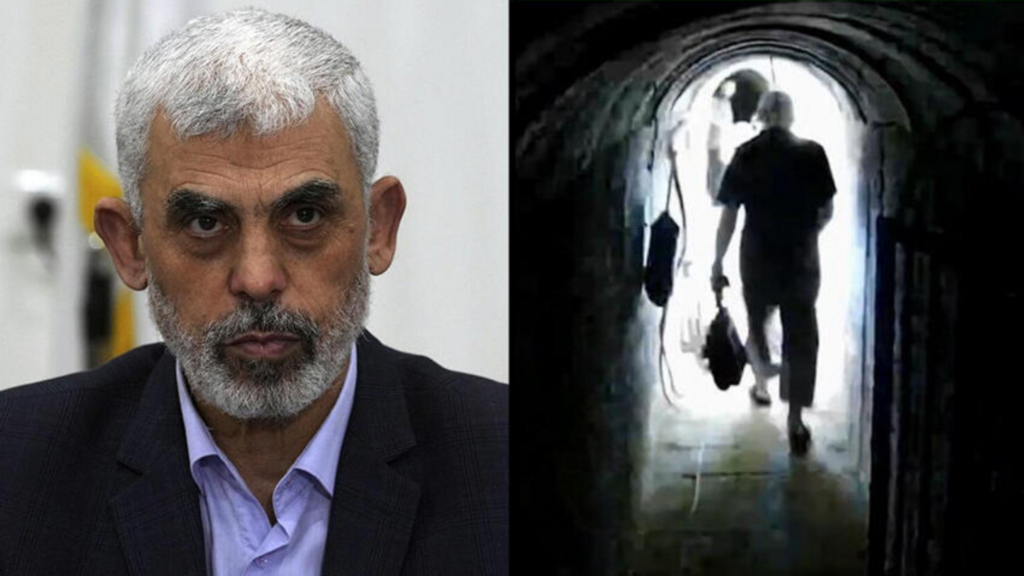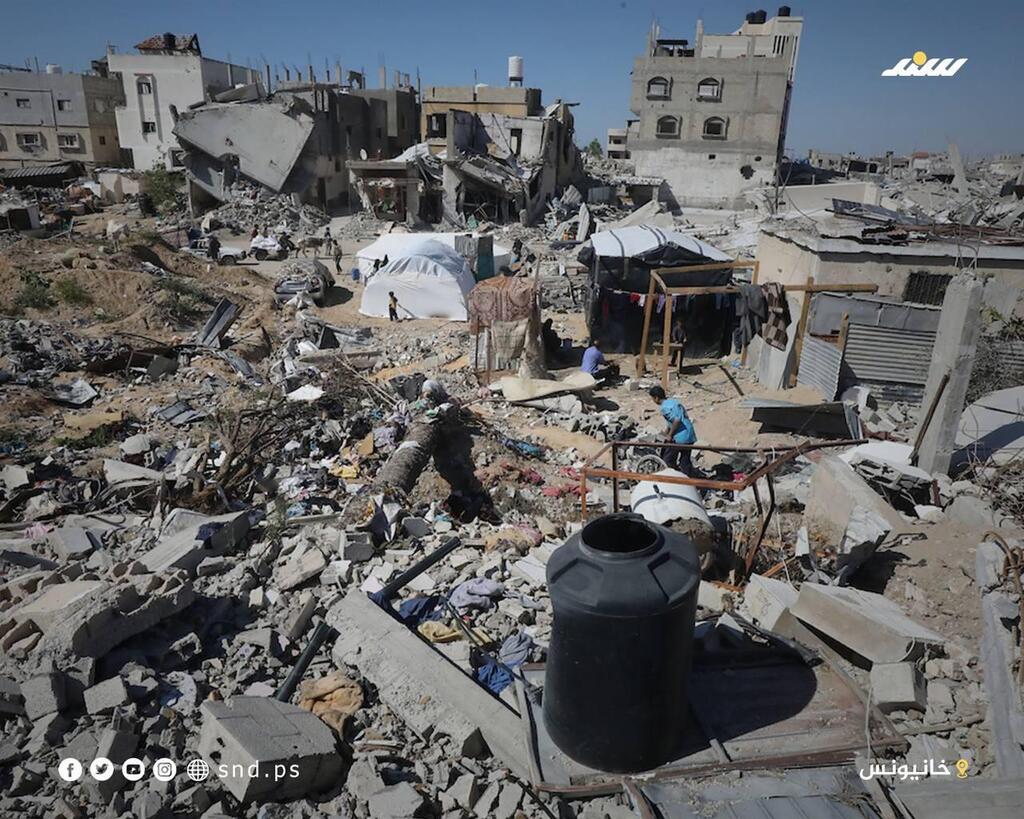Getting your Trinity Audio player ready...
The New York Times published a profile Sunday on Yahya Sinwar, the leader of Hamas in Gaza, including new details from U.S. and Israeli intelligence assessments about the mastermind behind the October 7 massacre.
The report quotes Israeli and U.S. sources stating that Sinwar is the central figure behind Hamas' resistance to any hostage deal that does not include a complete cease-fire.
IDF forces operating in one of Sinwar's Gaza homes, in Khan Younis
(Video: IDF Spokesperson's Unit)
Sources within Hamas, who spoke with the newspaper, claimed that Sinwar does not have "the final say" in the terror organization's decision-making processes.
However, they emphasized his significant influence over Hamas overall, both due to his control over the organization's activities in Gaza itself and his forceful personality, which underscores his importance in Hamas' organizational processes.
“There’s no decision that can be made without consulting Sinwar,” said Salah al-Din al-Awawdeh, a Hamas member and political analyst who befriended Sinwar while they were both jailed in Israel during the 1990s and 2000s. “Sinwar isn’t an ordinary leader, he’s a powerful person and an architect of events. He’s not some sort of manager or director, he’s a leader,” he added.
Sinwar is reportedly hiding in tunnels, likely under Khan Younis rather than Rafah. According to the Times report, communication difficulties between Sinwar and Hamas leaders abroad have been exacerbated by extensive Israeli strikes on Gaza's communication infrastructure. U.S. and Hamas sources indicated that sometimes it takes a whole day to send a message, and another day for Sinwar to receive a response.
Israeli and U.S. officials assert that Sinwar is attempting to sow division within Israeli society to increase pressure on Prime Minister Benjamin Netanyahu. They claim that releasing videos of hostages during critical negotiation stages is intended to incite outrage among Israelis.
Israeli and U.S. intelligence assess that Sinwar's strategy is to prolong the war to damage Israel's international standing and its relationship with the U.S.
Last week's attack from Rafah on the Kerem Shalom border crossing, which killed four soldiers, was described as a "gambit" by Hamas to provoke an Israeli incursion into Rafah amid strong U.S. opposition to such an action.
U.S. sources quoted in the report expressed Sinwar's "disdain" for his colleagues outside Gaza, who were not fully briefed on the precise plans for the October 7 attack. These sources believe Sinwar endorses Hamas' military actions, although Israeli intelligence officers told The Times they are uncertain about the extent of his involvement.
A senior Western source involved in negotiation efforts said that Sinwar tends to confide with his brother Muhammed, who is also a high-ranking member of Hamas. The source also said that while Hamas leadership abroad is more inclined to compromise, Sinwar is less so, knowing he is likely to be targeted by Israel whether the war ends or not. The source added that even if a deal is reached, Israel is expected to continue pursuing Sinwar for the rest of his life.







